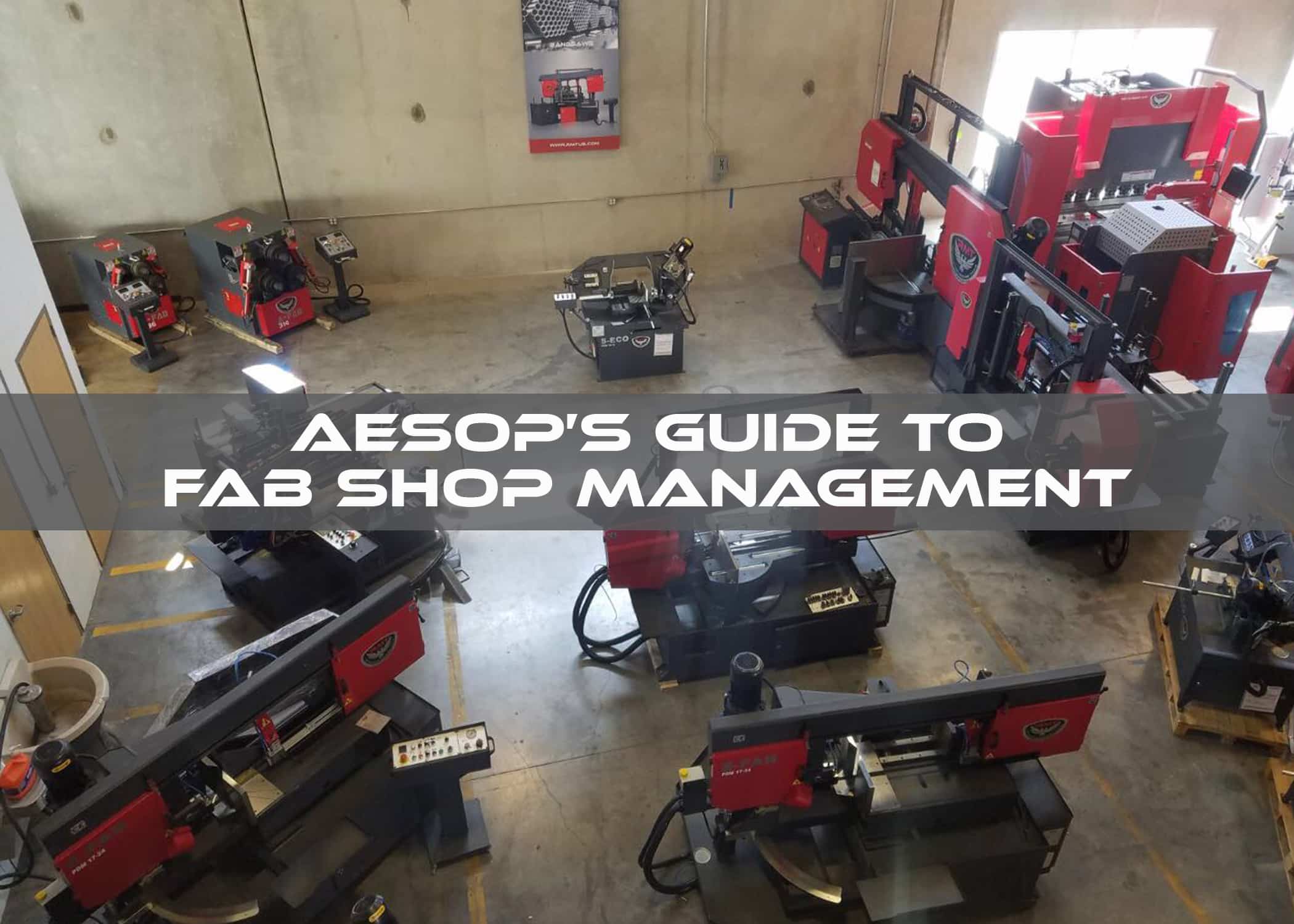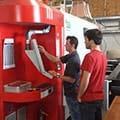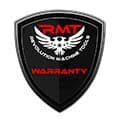Taught at Grandma’s Knee
You remember well the moralistic lessons that your grandmother used to read to you, parables with life lessons taught in the form of stories about foxes, mice, hares, tortoises, frogs, wolves, ants, grasshoppers, and golden geese. Attributed to a Greek storyteller named Aesop who is said to have lived over 25 centuries ago, these fables have been employed by parents and teachers over the ages to help train children in ethical behavior to better prepare them to interact in society.
Far from being the plots of simplistic Saturday-morning cartoons featuring funny animals, each of these stories carries with it a moral message that is just as applicable to adults as children—especially adults who never learned these lessons in their youth. They are teachings that every individual should take to heart, and they have relevance to those who manage others, including metal fabrication shop managers.
Managing a fab shop is different than running a laundromat or a print shop, though there are some similarities. Orders must be processed, production must be kept on track, and costs must be managed, regardless of the industry. The safety issues are different at each type of company, but all have the need to keep workers safe from harm from equipment and other sources.
One thing all companies have very much in common, however, is the need to manage the human beings that work for them. It doesn’t matter if your employees are metalworkers, farm workers, or astronauts, treating them in a fair and ethical way—while expecting certain levels of performance—is necessary to maintaining a staff that’s loyal and hardworking.
Read any guide to managing employees and it won’t be long before you say to yourself, “Hey, this concept sounds like the moral of a story I was told when I was little.” For as long as people have interacted with each other, ethical guidelines to inform that interaction have been recommended by those who have learned those lessons the hard way.
The time-honored principles of Aesop’s Fables should be reviewed by every manager of a fab shop (or any kind of shop) and then compared against actual performance to note areas of needed improvement.
Aesop for Managers 101
The number of fables attributable to Aesop run from just under 200 to 725, depending on who is cataloging them. While important messages can be found in each, regardless of author, some of the key pieces of advice from them applicable in a fabrication shop include:
- The Goose and the Golden Egg. A goose lays an egg made of gold each day. The owner is excited and making the poor assumption that the goose is full of the eggs instead of producing them each day, kills the goose and greedily cuts it open to get all the eggs, only to find none. A shop that doesn’t take care of its resources—especially employees—may destroy the very thing that was steadily bringing in profit.
- The Tortoise and the Hare. The overconfident hare challenges a slow-moving tortoise to a race, only to find his own negligence (quick bursts of speed mixed with relaxation and even napping) has caused him to lose to the tortoise’s steady persistence. The wise shop manager knows that quality can’t be rushed, and proper processes take time.
- The Ant and the Grasshopper. One prepares for winter, the other doesn’t. Shop managers must seriously consider what problems might be coming down the road and suitably budget to be ready for them.
- The Fox and the Grapes. The fox can’t get at the grapes up in the vine, so he goes off complaining that they were probably sour anyway (the origin of the phrase “sour grapes”). Becoming bitter about how things turn out isn’t useful (and griping about problems to your employees will only breed negativity in the shop).
- The North Wind and the Sun. The North Wind bets the Sun that he can make a traveler lose his cloak. The harder he blows, however, the tighter the man wraps the cloak. The Sun then shines gently down on the traveler, who gladly takes off the coat to enjoy the weather. Managers who use persuasion instead of more forceful means generally get further with employees, vendors, and customers.
- The Boy Who Cried Wolf. Wanting to feel important, a boy tells lies to the villagers. His reputation ruined, no one believes him when the wolf finally arrives to attack the flock of sheep. Being trustworthy as a manager is crucial to creating and maintaining the respect of your employees.
Other significant lessons that can be learned from Aesop’s fables include:
- Don’t let people trick you through flattery (The Fox and the Crow).
- Quality is better than quantity (The Lioness and the Vixen).
- People are known by the company they keep (The Ass and His Purchaser).
- Revenge can backfire on you (The Farmer and the Fox).
- Don’t count your chickens before they’ve hatched (The Milkmaid and Her Pail).
- Necessity is the mother of invention (The Crow and the Pitcher).
- Acts of kindness to those who probably can’t return the favor may pay off after all (The Lion and the Mouse).
A Homework Assignment
Take time to study Aesop’s Fables and other classic literature that features morality tales. As you spend five minutes each day reading these age-old lessons, look for ways that they can then be applied in your daily routine at work.
Even better, if you have little ones at home, read the stories to them, ask them what they learned from them, then tell a story from your own life experience where you should have applied what was taught. That way you both can learn from the fable and build a closer bond in the process. Just be careful if you use examples from your current employment not to name names or in some way identify the participants—otherwise things could get a little tricky when your children meet your staff at the next company-sponsored family picnic.







